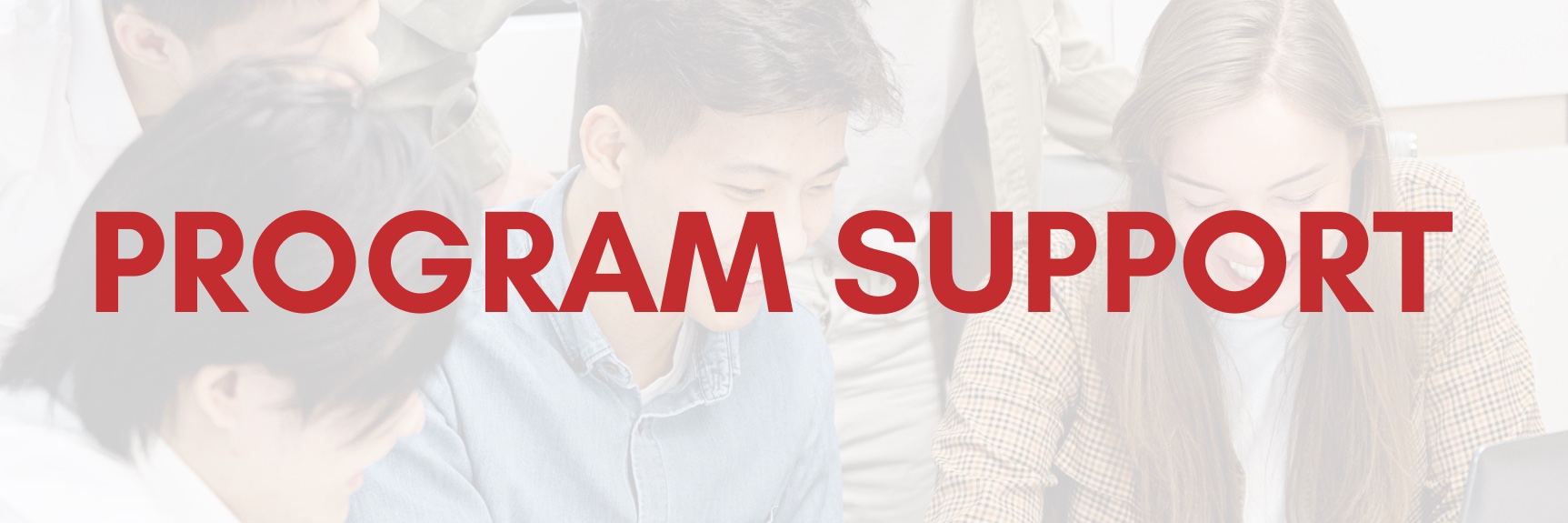
In general, lots of information is available to all kinds of doctoral students. For more specific support for completing an EdD program, consider several books that center the EdD student.
From Getting Started to Graduation: A Student Guide to the EdD, a volume in The Coming of Age of the Education Doctorate Series book series, pulls back the curtain on the hidden curriculum of the EdD experience for students, fully supporting their journeys by making what is too often anxious and abstract more clear and concrete.
Part I focuses on getting started. The book begins with an establishment of the why behind getting an EdD and how this is a distinct and unique experience unlike other graduate degrees. It pushes readers to think beyond the title, encouraging them to drill down into their core motivation for pursuing not just a degree but a transformative experience.
Part II explicitly explores how to navigate this years-long quest and stay the course. Readers will learn how to get curious and keep that door open across coursework in order to allow for innovative and creative ideas to flourish and eventually lead to fusion—the key to creative thinking.
Part III pivots to helping students survive the intensive thinking, researching, and writing demands of the dissertation. Readers will tap into years of tips and tricks on how to break this mystifying and monstrous project into sizable and achievable small steps that fuel motivation for the long haul so that students avoid burnout during the final push as they near defending their projects and crushing their comps.
Transformative Potential Based Research: A Guide to Successfully Finding One's Place in Research provides both the theoretical support and the guiding activities to help readers decide on an area of potential-based research. The result will prove to be transformational.
To guide this work, Karen Moroz and Trish Harvey have developed a suitable framework. They invite readers to review the mountain metaphor shared within the framework and to keep the visual present at all times as they progress through the book. It is addressed often and readers will be invited to use, extend, and discuss it numerous times throughout their journey. The book supports students through all stages of research, including:
In this webinar, faculty from Piedmont University discuss how EdD students often struggle reading and engaging with research literature–they may only read to identify their interest in the topic, critique a research study from a naive understanding of research methods, or get so lost in an article’s academic jargon that they miss critical applications of the research. To combat this, we developed a versatile Research Dialogue Protocol that can be used in a variety of course/program contexts to help foster critical reflections of complex problems of practice, greater understandings of action research, and supportive communities of emerging and developing scholar practitioners.
|